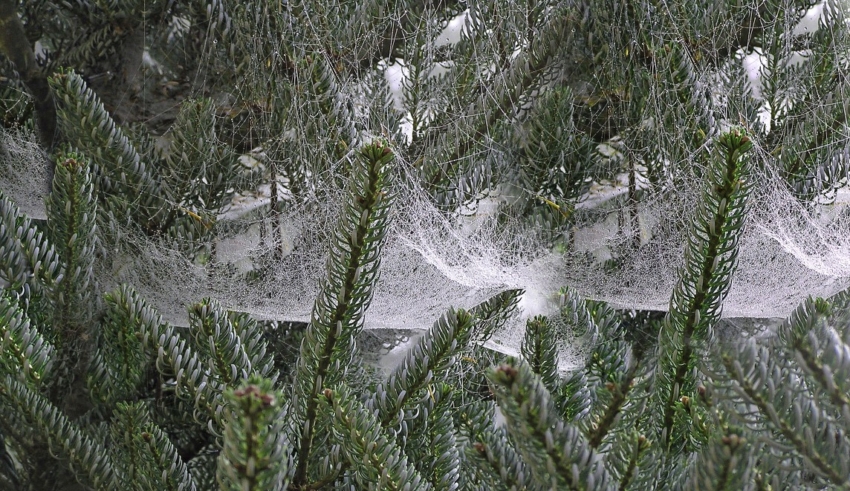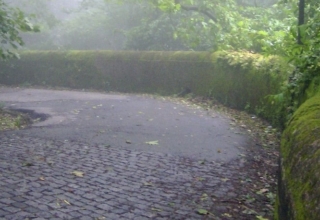
As de Tocqueville observed, this is a setting in which vivid and sustained dialogue is found in abundance—based on shared interests and reasons to sustain mutual support. Emphasis is placed on experience-based and useful action. Most importantly, there is an abiding belief regarding human progress and a shared sense of greater purpose in life. We suggest that the ancient term “sanctuary” captures the essence and heart of these settings and that structures which provide sanctuary will enhance the generation and use of collective expertise. We turn first to the nature of sanctuary and then to a description of several kinds of sanctuaries: temporary systems and collateral organizations.
Sanctuaries
Sanctuaries are the places or times or situations (which are created for us, or which we create for ourselves), in which we can drop out of the busy conditions of life for a few moments. We gather ourselves together in this setting. We restore our integrity and our energies. We focus again on our highest priorities and deepest yearnings. Sanctuary is where we “come home,” where we can love and care for ourselves deeply—and therefore care for others. It is where habits of the heart are likely to prevail.
The Need for Sanctuary: Every civilization has had some kind of sanctuary system. In medieval Europe, there were feast days when no one worked—and all fighting stopped. This was called “The Peace of God.” The church or cathedral was itself a sacred sanctuary. It was forbidden to kill someone who was in a cathedral. In ancient Hawaii, the heiau was a place of sanctuary. During a time of war between the tribes, if a man could get to a heiau, he was allowed to stay unharmed for three days. You can still see the heiau called “The City of Refuge” on the Big Island.
There is a hunger for sanctuary: a hunger to talk about it, a hunger to know about it, and most of all a hunger to find it. It is almost as if, in our intense search for all the many kinds of well-being, we have nearly lost one of the most precious kinds of well-being of all. We have lost our ability to find sanctuary—real, true, healing, transforming, and deeply comforting sanctuary—in our lives.
Sometimes the sanctuary is in a small corner of our house; an alter with a crucifix, or a puja table in India with flowers, incense, and a picture on it, or a prayer window looking out into a garden. Sometimes it is a time and a ritual, like evening prayers for the Jew or one of the five times of prayer for the Muslim. Sometimes it is a practice, like stopping in the park to feed pigeons on the way home from work at the end of the day or having a quiet cup of coffee in the staff room of a busy corporation. Not always, but often enough to keep us engaged, these moments take us to a place we call our true home. We are rested and renewed. We say, “Now I am more myself. again.” Sanctuary enables us to stop, hide, get away, rest, and become “more myself again.”
In many ways, sanctuaries are more important today than they were fifty years ago. There is a constant need for sanctuary throughout the history of any society. In most societies at most times, there are a sufficient number of forms and occasions for sanctuary to meet the needs of the society. However, there may be periods of change in which the normal forms of sanctuary are not available, and new ones have not yet been instituted within a society.
Download Article 1K Club

















